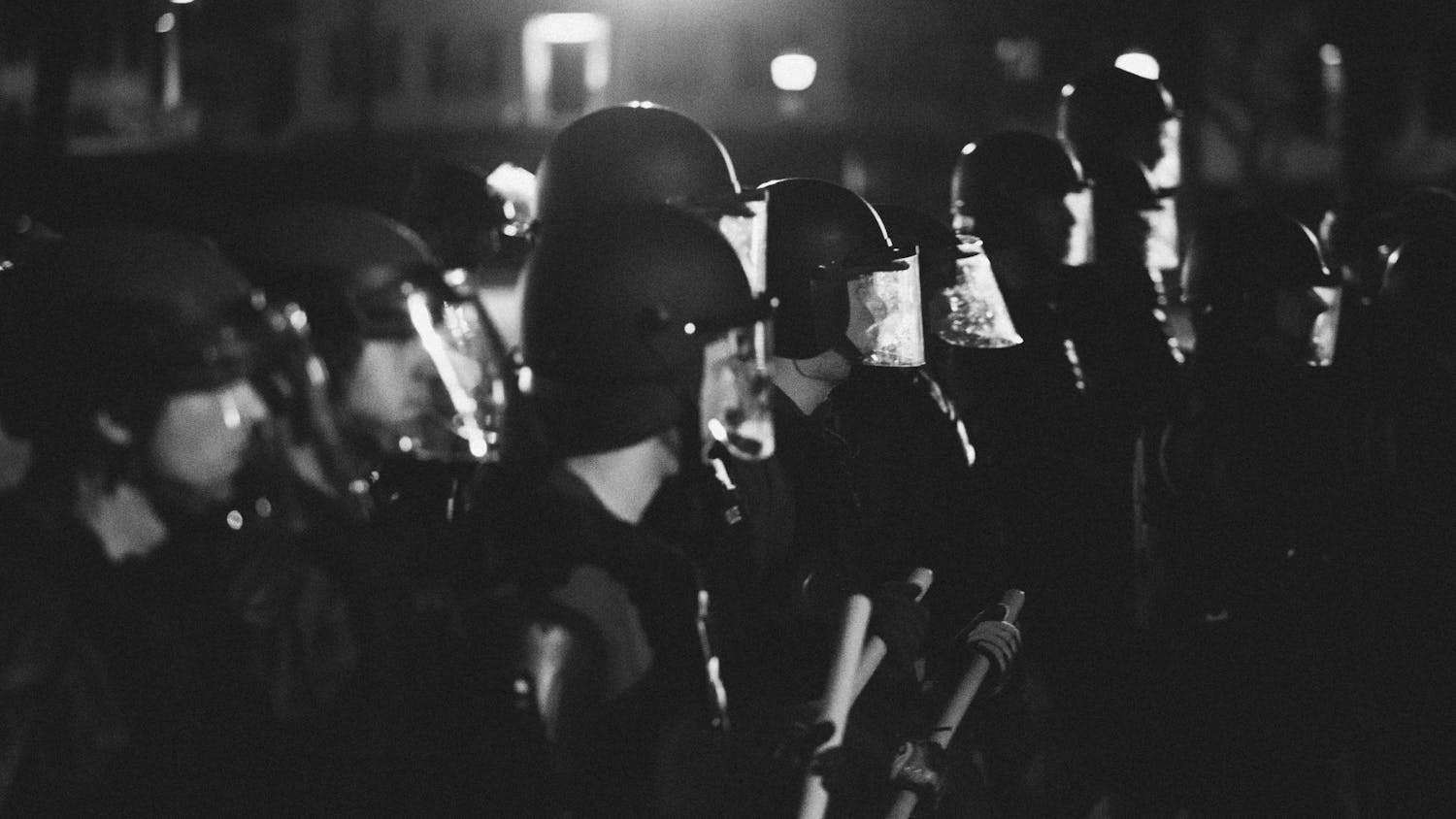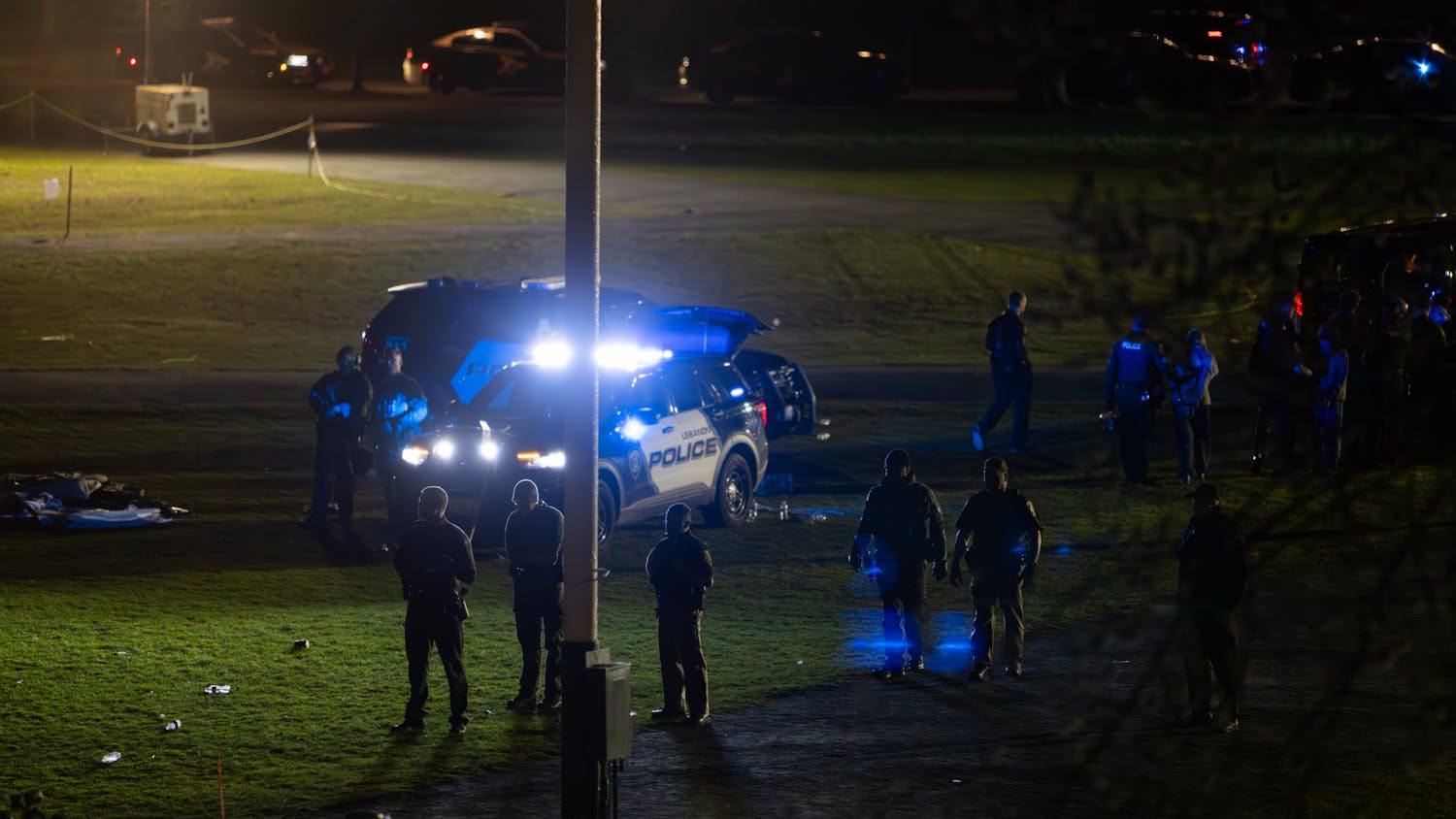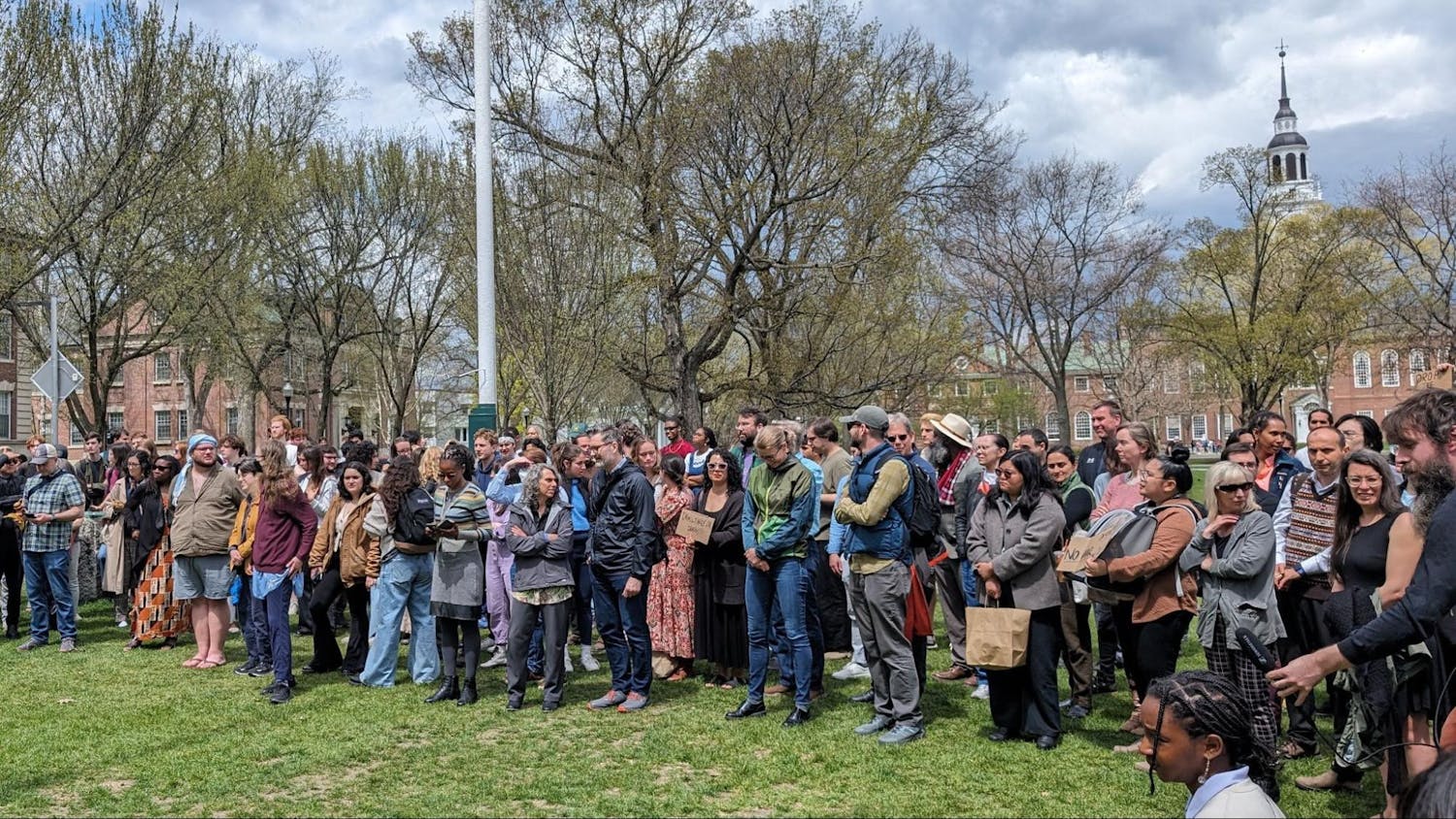Renowned author and professor Ronald Takaki made a spirited case for multicultural diversity in curriculum last night to a packed audience in 105 Dartmouth Hall.
In a speech titled "Multiculturalism and the Culture Wars," Takaki said that under the College's present curriculum, students could "graduate from Dartmouth not knowing anything about racial and cultural diversity in the United States."
Due to the lack of courses which focus on cultural diversity specifically within the United States, students are unprepared to deal with what Takaki described as the "most serious racial crisis in America since the Civil War."
Takaki, a professor of ethnic studies at University of California at Berkeley, claimed that many students he had spoken with while at the College had expressed discontent with the lack of diversity in the present curriculum. Takaki urged these students to "find your voices, articulate these discontents" to the faculty.
He contrasted the Dartmouth experience with that of his own school, Berkeley.
Students at the College are required to satisfy a non-western requirement -- which can range from "Music in Brazil" to "Tokugawa Japan" -- but Takaki argued most of these courses do not prepare students to deal with cultural diversity within the United States.
On the other hand, Takaki said Berkeley has a relatively new American Cultures Requirement, which he said is "designed to deepen and broaden the appreciation of American cultural diversity." The requirement, mandatory for graduation at Berkeley, was approved by the faculty in 1989, after a debate that lasted nearly two years.
Courses that satisfy this requirement must be comparative of different minority ethnic groups, and focus on these groups in the United States. Berkeley includes the study of non-Anglo European peoples such as Italians, Russians and Jews, in this category -- in addition to African Americans, Asian Americans, Native Americans and Latino Americans.
The curriculum change stemmed from a 1987 campus-wide debate that saw Berkeley students request that a course with a mutlicultural focus be made into a graduation requirement.
Takaki quoted the students as feeling a "need for a curriculum that would enable us to learn not only about ourselves but also about each other."
The Berkeley faculty was eventually convinced by the support this requirement had not only with minority groups but also with historically white bodies such as the Panhellenic and the Interfraternity Councils.
Over the past six years the Berkeley prospectus has expanded to include nearly 225 courses from 25 different departments in the American Cultures Requirement. These courses are all taught by staff specially trained in the comparative approach.
In a mini-lecture demonstration of the Berkeley approach last night, Takaki provoked much laughter with his wry delivery of many surprising facts that linked both the Irish and Chinese migrations of the 19th century, the Lone Star Rebellion and Thomas Jefferson.
Takaki, a native of Hawaii, is the grandson of Japanese plantation workers. He is a pioneer of comparative ethnic studies and has studied groups such as the working class, minorities and women -- groups who were previously considered unworthy. He has used many unusual primary sources in his research, including telegrams sent by Chinese men in 19th century California and work songs of female Irish textile workers.
His book, "Strangers from a Different Shore: A History of Asian Americans" won a Notable Book of 1989 award from The New York Times Book Review.
Takaki's lecture was part of the Rockefeller Center's Fall Term Citizenship and Civic Values series.



